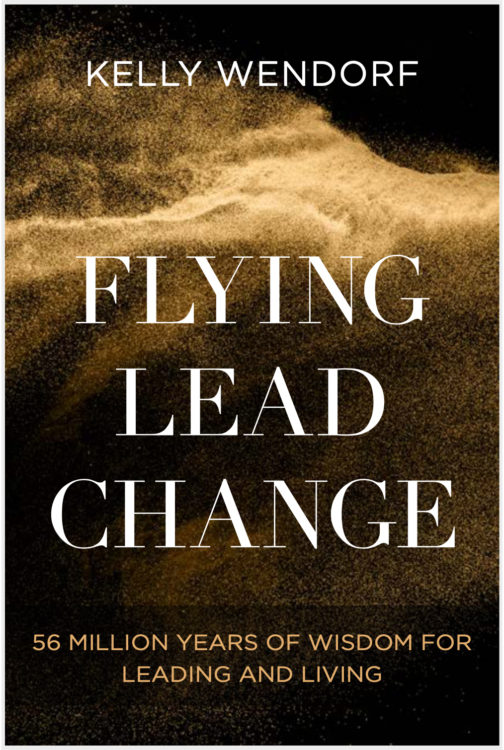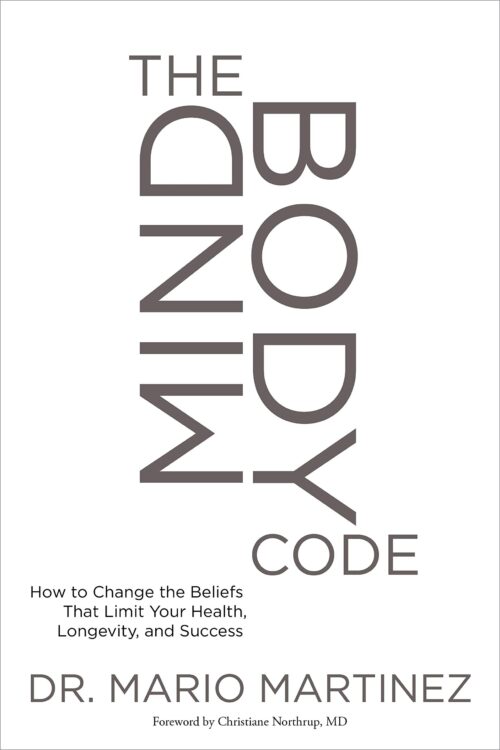It’s Not Your Fault – Some Things Are So Much Bigger Than You And Your Choices
One late evening in 1999, Daniel Schneider and his wife were awakened by two police officers knocking at their door. Their 22-year-old son Danny was shot and killed in his vehicle, they informed the couple. Earlier that night upon heading out of his family home, Danny had told his parents he was going to a friend’s to study. Instead, he drove his little red truck to another part of town to buy opioids.
It’s the kind of thing we think would never happen to us. We imagine stories of opioid addiction or death by drug dealers only happen inside marginalized families with extreme disfunction. Yet the picture of Danny’s family is anything but that.
The Pharmacist,one of Netflix’s newest documentaries, follows the murder of Danny as told via the narrative of his father, Daniel, a pharmacist from Louisiana. Not only did he investigate the death of his son, but he went on to discover the disturbing truth about the scourge of opioid use in America.
Besides the main story, what The Pharmacist reveals is that a child raised in a good, kind, connected, solid family can end up a statistic. More importantly, it reveals a flaw in the nature versus nurture debate. The polarity of nature-nurture misses an essential third element…culture. Culture is a very influential aspect of our lives that shapes the people we are and the people we become. In Danny’s case, his stable family life was no match to the other cultures surrounding him—school culture, pharmaceutical, medical and American culture.
Why is this important to know? Because unwittingly, every day, each one of us—our choices, our beliefs, our perceptions, and our actions—is influenced by culture. We may think we are independent and critical thinkers, we may imagine ourselves emancipated from public opinion and sway, and yet like the proverbial fish in the water swims inside something he barely recognizes, we don’t see its influence upon us. Often, the most obvious, ubiquitous, essential realities are the ones that are the hardest to see and discuss.
Society points the finger at the individual—to raise a good kid, to be healthy, to recycle, to reduce carbon emissions, to succeed financially—but it’s a deflection to keep us engaged in our own personal choices rather than hold the society at large—our leaders, our institutions our policies—responsible for creating a culture that supports us to thrive.
If eating at McDonald’s is cheaper than eating a home-cooked meal using locally grown and sourced ingredients, how does that support the public to stay healthy? If companies insist we work at offices rather than from home, how does that support the public to consume less gas? If the education system remains entrenched in old ideologies and structures to educate a 21st-century child, how does that support us to raise confident and fulfilled young adults?
If states, cities, and national policies are not aligned in how to respond to a pandemic, how does that support the public to be unified in wearing masks and social distancing? And if doctors can dole out prescriptions for a drug in the same class as heroin for something as minor as a headache without so much as a word as to how addictive it is from the very first pill, how does that support people to avoid addiction?
Helena Norberg-Hodge, author of Ancient Futures: Learning from Ladakh, and producer of the film The Economics of Happiness argues that if policy shifts to support people to make the right choice easily, people, on the whole, tend to follow. “People down deep are good,” she said to me once over dinner. “They are not greedy, unkind, or selfish. What brings out the worst in people are policies that provoke fear, division, and insufficiency.”
She writes, “Increasingly distanced from the institutions which make decisions that affect their lives, and insecure about their economic livelihoods, people around the world are becoming frustrated, angry, and disillusioned. Because the bigger picture has remained largely hidden, few people blame the de factogovernment of deregulated banks and corporations; instead, they point the finger of blame elsewhere.”
People blame themselves. They blame each other. They blame particular political parties, immigrants, or residents who are ethnically or racially different. They blame the guy in the grocery store not wearing a mask, and he blames them for being angry about it. If you stop to think about this, what a perfect set up for the larger powers. Keep the people distracted by pointing fingers so institutions can carry on with their larger agenda unnoticed. The perfect divide and conquer.
I believe we need to be very careful right now with our well-meaning intent to assume over-responsibility for our choices, absent holding our leaders and our society at large accountable. I also believe we need to be careful with where we point the finger at individual others. As a people, we’d be wise to shift our view from changing ourselves and the ‘other’, to influencing the re-shaping of a society and culture to support all beings—humans and otherwise—to thrive.
In his book, The Mind-Body Code–How to Change Your Beliefs That Limit Your Health, Longevity, and Success,neuropsychologist Dr. Mario Martinez demonstrates how our thoughts and their biological expression co-merge within cultural influences. His language of biocognition—how our culture affects our biology—provides a powerful basis for insights into health and success.
If dysfunctional lifestyles and toxic behaviors could change simply by our making a cognitive decision to do so based on our learning the facts about the issue, then smokers would simply and immediately quit smoking, and women would leave violent homes, poses Martinez. “True sustainable change requires gaining access to the cultural beliefs that deny you the rewards of your courageous commitment to change,” he says. But even then, the journey is not an easy one. “All cultures, East and West, have their own unique ways of punishing those whose ideas and behaviors run contrary to established beliefs,” he warns.
Lots of cultures around us influence us: corporate culture, medical culture, family, state, church, and country culture, just to name a few. Take for example our cultural narratives about age. In America, age is a cage. Turning twenty-nine sends youngsters into anxiety about becoming the dreaded thirty. And at the ‘retirement age’ of sixty-five, we are meant to stop everything and play golf, when in fact this is a time in your life when you are arriving at the culmination of your greatest mastery. Many of my clients are in the sixty to sixty-eight-year-old age bracket, and they are embarking on new and exciting careers. Yet all of them face the critically raised eyebrow of friends and family, “Why would you want to start that now?!”
The dangerous age narrative not only embeds biological information into our tissues, and actually influences how we feel each day. It influences our thoughts and actions. In fact, every cultural narrative influences us in that way. Which ones influence you? Think about it for a moment. Think about how, for example, you might blame yourself for being too busy and stressed. Yet your company culture expects you to be available and responsive to your email seven days a week. It’s not your stress or your choices within that organization that are the problem, it’s the culture.
There are so many narratives once you start looking. And most, if not all of them, are arbitrarily created and have no factual basis. Here are some: Homework is an essential part of a good education—studies showhomework diminishes outcomes. Staying married is better for the kids—not if the marriage is toxic. Breast cancer early detection saves lives—in the thirty yearssince a mammogram company transformed that campaign into a ‘medical fact’, 1.3 million women were overdiagnosed and their lives placed at risk. While eight cases per hundred thousand were helped by screening, 114 per hundred thousand were overdiagnosed.
Here’s another juicy one. Mothers often take the blame for almost everything that happens wrong to a child. Let’s take school shootings. Where does the collective mind point? To the mother mostly. She must have been a terrible one. But a teenager does not grow up to be a school shooter inside a vacuum of his mother’s arms. And he doesn’t just wake up one day in a bad mood and kill people. He was forged day after day, year after year, in an intricate web of various cultural conditions. So instead of blaming the mom, we could explore the school culture—his school’s response to bullying (most shooters were badly bullied throughout middle school and high school). Or we could explore the medical culture—the impact of psychostimulant and antidepressant drugs on developing brains (there is a link between shooters and these prescriptions). Or American culture—gun rights.
Overweight? Stop blaming your low self-esteem, your inability to restrain yourself. Our fruits and vegetables are far less nutritious than they were decades ago. We eat, we’re still hungry because our bodies are nutrition-starved. We eat more. The number on our personal scale is directly influenced by agribusiness, government policy, and corporate culture. Not to mention our cultural obsession with extreme thinness and all the narratives that go with that.
I’ll get some push back on calling out some of these narratives. That’s ok. As Dr. Martinez points out, that’s what cultures do. As you wake up from your own cultural trances and start to do things differently, you’ll get pushback too, or worse. Know that the pushback is not because your freedom or your choices are wrong, but because collectively the culture fears change. “We used to have so much time together,” says a friend subtly shaming you because they’re threatened by you finally writing your book.
Lockdown revealed a whole lot of narratives that simply were not true…narratives about working from home, about school, obligations and how we use our time, or how much ‘stuff’ we actually need. So get ready to be gaslighted by a culture that does not want you to wake up from the trance. As a recent cartoon showing two advertising executives read, “We can no longer make them think they really need this stuff.”
Many of us are asking ourselves who we want to be in this new world that is emerging as a result of the pandemic. I think it is a powerful and important question to ask ourselves. And with it, I wish to encourage each of you to ask what do you want your culture(s) to be? What narratives do you want to end? What influence can you wield over your friend culture, your family culture, your government, your company? What narratives do you wish to eliminate by not participating…ie, by not telling anyone your age anymore, by showing your school the facts about homework (or homeschooling if they don’t listen), by refusing to adhere to obligations that do not serve you, by no longer trading in your dreams in exchange for belonging and acceptance.
Flux and disruption provide the best conditions to create change because unlike other times when things are embedded and concretized, everything is moving, dissolving, and shifting. With a new election looming and a society in utter upheaval, we have a huge opportunity. Now is the time we want to look at what we want to shape in all the cultures that surround us. Complain to the manager, debate with your doctor, argue with the principal. Vote, influence, refuse, speak out, model, share, and inform. A new way, that is better for everyone is possible.



